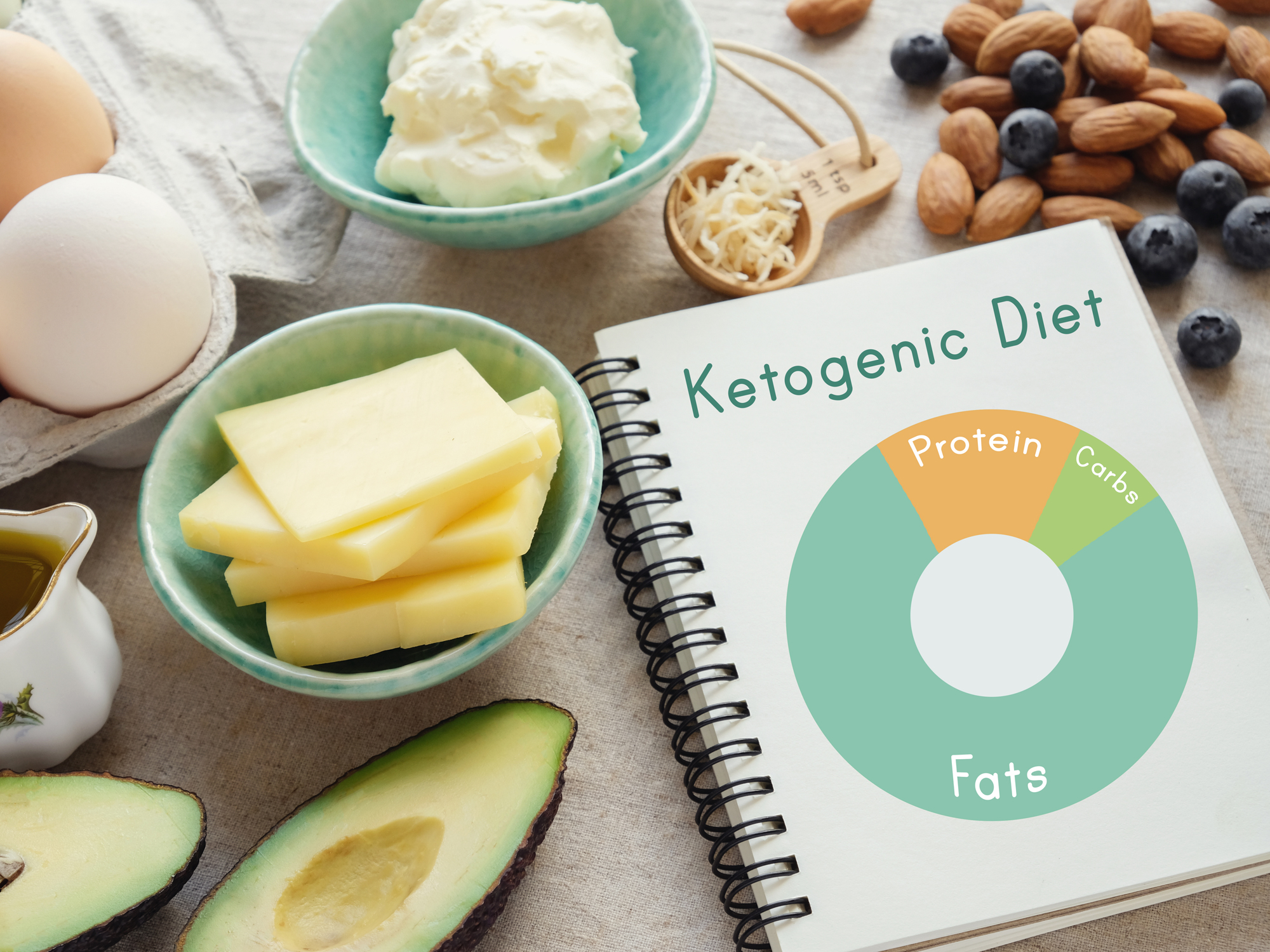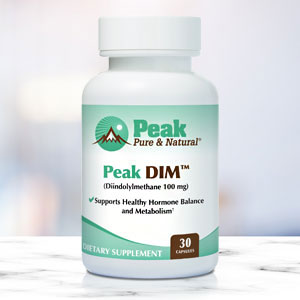Get Easy Health Digest™ in your inbox and don’t miss a thing when you subscribe today. Plus, get the free bonus report, Mother Nature’s Tips, Tricks and Remedies for Cholesterol, Blood Pressure & Blood Sugar as my way of saying welcome to the community!
Pros, cons and your prostate on the keto diet

There’s a lot to understand about the Keto diet. Last week I provided some keto basics in a nutshell… about what the ketogenic diet is about and what you could and couldn’t eat on the diet.
But there’s more you should know before you decide whether you’re jumping on board or not.
So the next logical step is weighing the pros and cons. I’m also covering how the keto diet impacts prostate health…
Pros of the ketogenic diet
Here are what some experts say are the pros of the ketogenic diet. But keep this in mind: the pros work only if you follow the diet carefully. Cheating can put you out of ketosis (a desirable effect of following the diet) which is when the body switches its main fuel source from glucose to fat-derived ketones, which means you burn fat — dietary or body fat — for energy.
- You feel full and satisfied. Eating healthy fats and a moderate amount of protein keeps you feeling satiated and thus less likely to overeat. You still need to consider calories, however, if you are concerned about weight gain.
- Keto approved foods are anti-inflammatory.
- The diet can help heal your gut. This is true as long as you include plant foods (vegetables) in your daily menu.
- The diet may improve your energy level. Once you get past the transition from carb burning to fat burning (ketosis), many people say they have more energy. This is not true for everyone.
- You may lose weight. Some people lose weight on this diet, and that benefit can depend on how and what you were eating before going on this diet plan, your overall health, level of exercise, and other factors. Remember: some people gain weight on the ketogenic diet.
Cons of the ketogenic diet
The keto diet is not for everyone, and some of the cons put that into perspective. For example:
- The food choices are limited. If you like lots of variety in your diet, keto is likely not for you. You’ll be limited to specific meats, oils, nuts and few vegetables. For a refresher, click here on for Keto 101 info.
- The amount of fat is too much for some people. In fact, some experts question whether humans are designed to digest and metabolize the amount of fat called for in this diet. It’s also true that some people feel ill and just cannot handle the high fat content.
- You can get the keto “flu.” This is a condition that occurs as you transition from burning carbs to burning fats. The severity of the symptoms can vary from person to person and include sugar cravings, dizziness, brain fog, nausea, sleep difficulties, irritability, stomach distress, and fatigue. The flu can last from 3 to 5 days or several weeks.
- It can be challenging socially. The ketogenic diet requirements may present a challenge in social occasions, during vacations, at some restaurants, and other circumstances.
- It may hinder long-term weight loss. As with many diets, you may experience some weight loss in the beginning, but because of the high caloric content of many of the foods on the keto diet, you may eventually gain weight.
Is the ketogenic diet good for prostate health?
At first glance, the keto diet may not seem like it’s a good eating plan to follow if you want to prevent prostate cancer or if you already have the disease and want to choose a healthy eating program. After all, eating all of that fat isn’t good for prostate health, right?
That’s true. In fact, research has demonstrated that red meat, processed meat, dairy foods, and trans fats contribute to cancer. In 2015, for example, the World Health Organization issued a report noting that meat causes cancer. More specifically, processed red meat was classified as “causes cancer” while non-processed red meat was named as “probably causes cancer.”
However, the ketogenic diet strictly states that the animal foods must be high-quality; that is, grass-fed beef and wild game, wild caught fish, free-range chicken and other poultry, and pasture-raised eggs. The keto diet does include full-fat dairy, and it’s true, studies have identified dairy foods for raising the risk of prostate cancer. The caution here, however, is to include moderate amounts of full-fat dairy and that it should be organic; that is, without added hormones or other contaminants. In addition, the dairy food you should avoid completely is milk.
Now let’s look at how a ketogenic diet may help with prostate health. Research has shown that mice with prostate cancer that were fed a no-carbohydrate diet had slower tumor growth and better survival than their peers who ate a Western diet. According to one of the most recent reviews (2017) of this topic, a team evaluated 13 studies of use of the keto diet on tumor growth and survival times for more than half a dozen different tumor types, including prostate cancer. They noted that the diet “can potentially inhibit the malignant cell growth and increase the survival time,” but that because animals and humans differ physically, studies in humans with cancer are necessary. In fact, a clinical trial is currently underway (slated for May 2021 completion) that is exploring the impact of a ketogenic diet on overweight men with prostate cancer who are following active surveillance.
Cancer-glucose connection
In the meantime, some experts claim a ketogenic diet is critical for fighting cancer because it asks individuals to eliminate all vegetable carbs except non-starchy ones and replace them with healthy fats and high-quality protein. The reason? Carbs transform into sugar (glucose) in the body, so when you remove carbs that convert into glucose, you lower the glucose level in your blood and essentially starve cancer cells. At the same time, low protein intake reduces a specific process that speeds up cell proliferation and thus lessens the spread of cancer cells.
The fact that the keto diet lowers blood glucose levels makes it a good option for those who need help managing type 2 diabetes. If you have type 2 diabetes, be sure to discuss the keto diet with your healthcare provider before you start this eating program so the two of you can adjust any diabetic medication you are taking to coincide with how your body responds to the diet.
The keto diet also emphasizes the elimination of processed and refined foods, which includes foods with added sugars, trans fats, and food additives—all of which can have a role in the development of cancer.
The ketogenic diet is not for faint of heart. It requires dedication, consistency, planning, and patience in order to do it correctly. If you do decide to give it a try, it may be best to consult a healthcare provider who is familiar with the dietary plan.
Source:
- Masko EM et al. Low-carbohydrate diets and prostate cancer: how low is “low enough”? — Cancer Preview Research (Philadelphia) 2010 Sep; 3(9): 1124-31.













